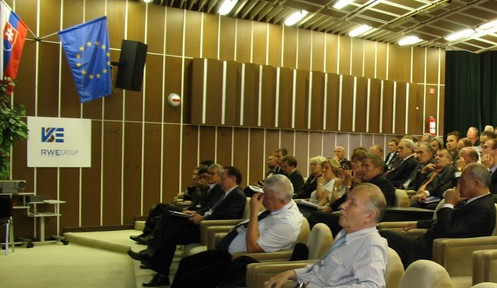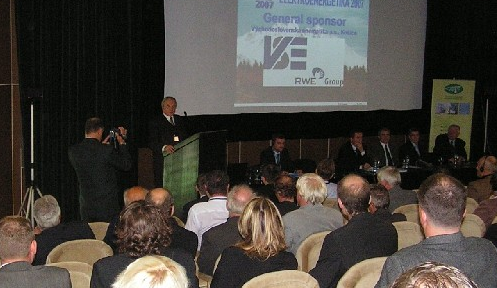|
Impacts of EU Taxonomy implementation on the energy sector
Adam Kubín
Czech Technical University in Prague, Department of Economics, Management and Humanities
Tomáš Králík
Czech Technical University in Prague, Department of Economics, Management and Humanities
Jiří Vašíček
Czech Technical University in Prague, Department of Economics, Management and Humanities
Last modified:
2022-06-20
Abstract
The present is characterised by a common global effort to prevent climate change. The current world leader in climate, energy and environmental policy is the European Union. It has committed itself through the Green Deal to becoming climate neutral by 2050. The EU's classification system or taxonomy, which is legislatively enshrined in Regulation (EU) 2020/852 of the European Parliament and of the Council of 18 June 2020, among other things, is intended to contribute to this goal. The taxonomy classifies economic activities in terms of their sustainability. The purpose is to guide investments in sustainable projects and activities to help the energy transition towards green energy. Economic activities are evaluated according to criteria including climate change mitigation, pollution prevention and reduction, or protection and restoration of biodiversity and ecosystems. Today's energy sector is still largely dependent on electricity and heat production from conventional combustion sources, as confirmed by EEA data as of 2019, when the energy sector was responsible for 26.6% of EU greenhouse gas emissions.
A key question, following the taxonomy presented, is to assess the impacts on the electricity and heat sectors in terms of resource adequacy. The analysis carried out for the period until 2040 for the model example of the Czech Republic is based on the country's energy balance and the available projections published in the energy concepts and strategic documents of the Czech Republic. These projections are quantitatively analysed and critically assessed. The Czech Republic is analysed as a typical representative of countries still dependent on fossil fuels, especially coal, and facing a massive energy transition (decarbonisation) in the coming years. According to Energy regulatory Office (ERÚ) data, in 2020 coal still accounted for about 38% of electricity generation (41 TWh) and 49% of thermal energy generation (18 PJ) in the Czech Republic. According to the Operational Planning for 2022 document published by Czech TSO ČEPS, the installed capacity of coal-fired power plants in the Czech Republic is currently 9056 MW (45.6%), and depending on the scenario considered, this capacity should be reduced between 0 and 2000 MW by 2040. Replacement sources are to be primarily imported natural gas (however, it is questionable how the current situation in Ukraine will enter this decision) in combination with energy from nuclear and biomass.
According to the current set of conditions for new sources resulting from the taxonomy, there is a risk that in the medium term there will be no sources, technologies, and fuels available in the Czech Republic that would comply with the conditions of the taxonomy and at the same time cover the country's energy needs. In particular, nuclear energy and gas use may be at risk, where the transition to clean gases (hydrogen) may be hampered by the fact that they are not available on a sufficient scale. This may lead to a situation where the demand for electricity and thermal energy in the Czech Republic will not be sufficiently covered, which can be described as a disruption of the country's energy security.
|
 |
|







